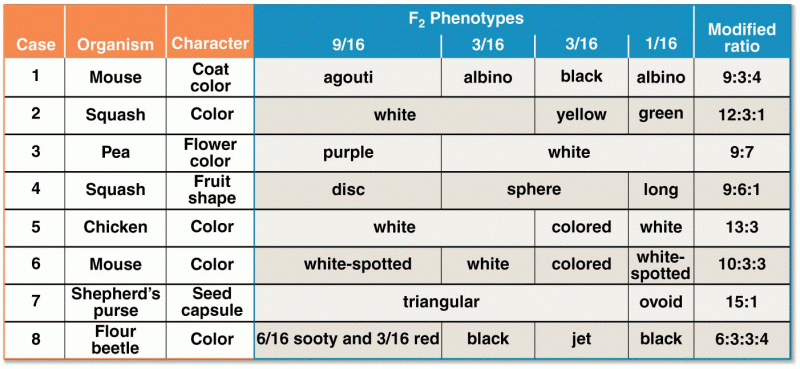This topic contains a solution. Click here to go to the answer
|
|
|
Did you know?
Warfarin was developed as a consequence of the study of a strange bleeding disorder that suddenly occurred in cattle on the northern prairies of the United States in the early 1900s.
Did you know?
By definition, when a medication is administered intravenously, its bioavailability is 100%.
Did you know?
In 1844, Charles Goodyear obtained the first patent for a rubber condom.
Did you know?
The longest a person has survived after a heart transplant is 24 years.
Did you know?
Drying your hands with a paper towel will reduce the bacterial count on your hands by 45–60%.







